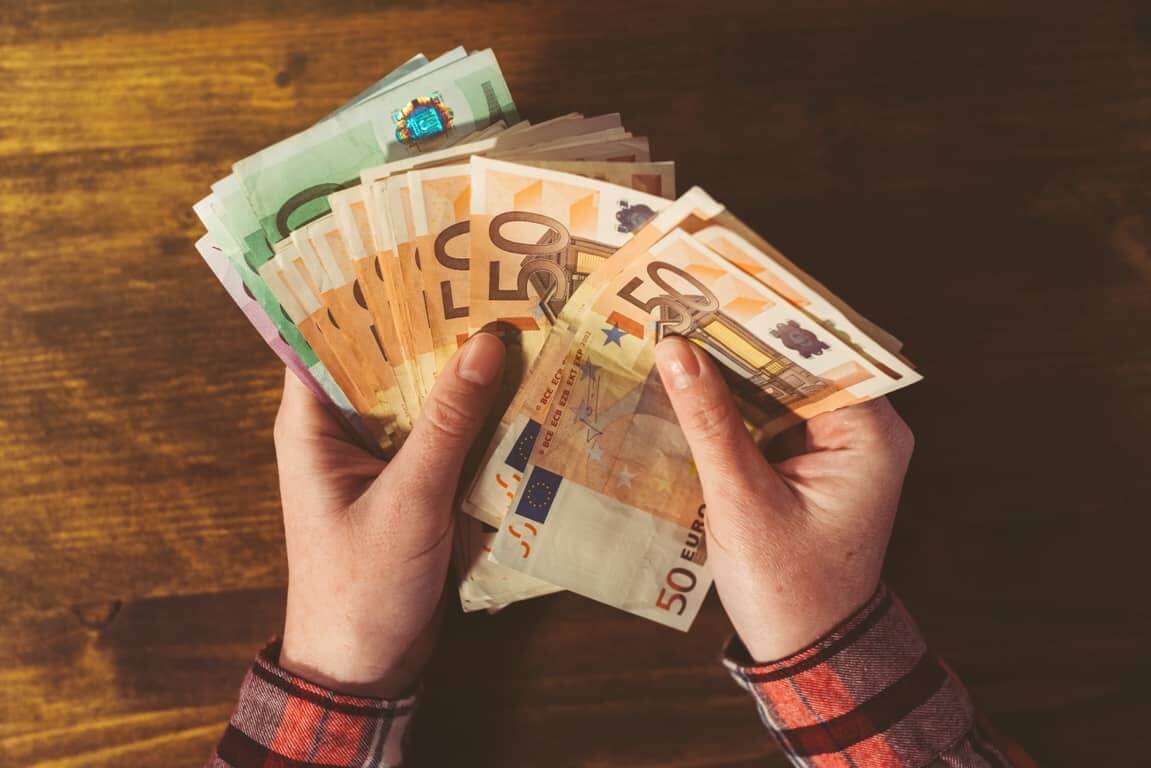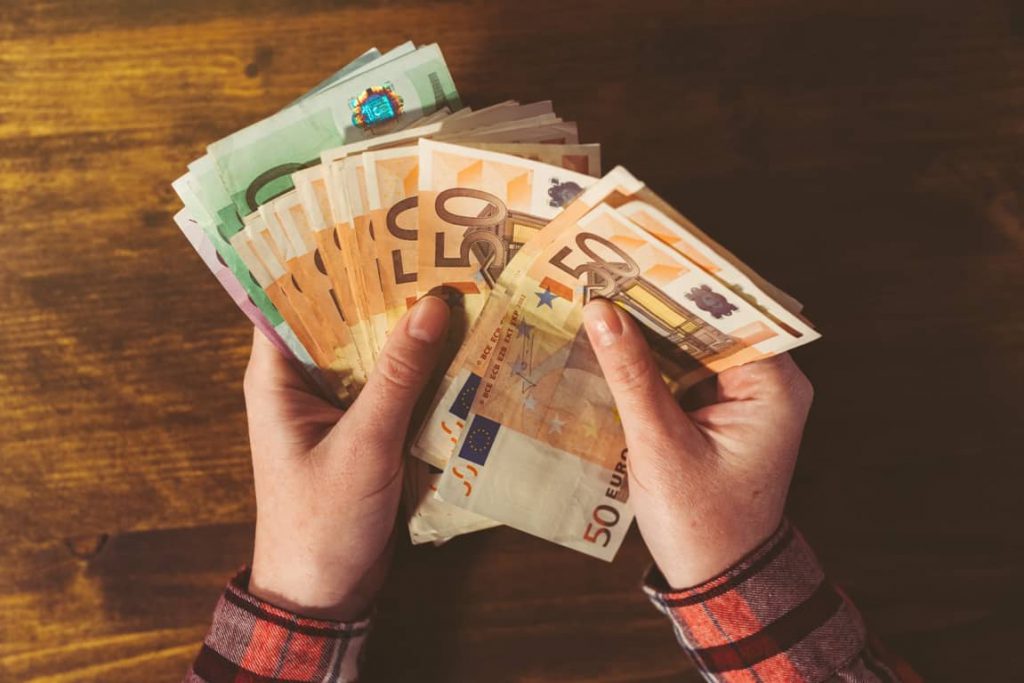
The Euro Fell Back Below Parity
After the European Central Bank increased rates by an anticipated 75 basis points but gave hints at a slower pace for future increases, the euro retreated below parity with the dollar.
The central bank raised interest rates for the second time by 75 basis points when inflation was high and widening. Still, spot energy prices were falling, a recession was on the horizon, and there were no indications of a wage-price spiral.
Although Christine Lagarde, the head of the ECB, would not be drawn, this might enable the ECB to slow down or even stop rate increases in early 2023. Before the ECB decision, the euro was trading at $1.0032; it now trades at $0.9972, a decrease of more than 1%. It also lost ground compared to the British pound and the Japanese yen.
German and Italian government bond yields decreased due to rising prices for each country. Before the ECB announcement, the benchmark German 10-year Bund DE10YT=RR> traded at 2.195% and dropped 12 basis points to 2% during the day. European bank stocks (.SX7P) were up 0.84% after trading lower earlier following modifications to the ECB’s Targeted Longer-Term Refinancing Operations (TLTRO) to remove a subsidy on its multi-year loans to banks to encourage them to repay them early.
The changes weren’t as drastic as some market participants had anticipated. The USD/JPY is not changing much today after rising 1% on Wednesday. The USD/JPY is trading at 146.15, down 0.16% in the European session. Earlier in the day, the USD/JPY fell to 146.11, the lowest level since October 7th. The Japanese yen has recovered after falling close to the 152 mark last Friday. Japan’s Ministry of Finance (MOF) intervened on Friday and Monday in a “stealth intervention,” as the MOF has refused to comment.


